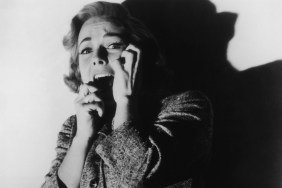http://www.gettyimages.com.au/detail/news-photo/rock-guitar-virtuoso-jimi-hendrix-caught-mid-guitar-break-news-photo/2636580
In his bestselling 2008 book, Outliers, Malcolm Gladwell outlined how the one trait that links all successful people together, from The Beatles, to Bill Gates, was a minimum of 10,000 hours of practice at their skill. But a new study by Swedish researchers says that’s not the whole story.
As The Economist reports, in a new study published by the journal Psychological Science, a group of researchers at the Karolinska Institute have found that the golden number of 10,000 hours of practice to make one an expert in a given skill is virtually pointless without the right genetics. In fact, genes play such a vital role in determining musical ability, even 20,000 hours would be pointless.
The researchers surveyed over 1,000 pairs of identical twins (who share all their genes) and a similar number of fraternal twins (who share half their genes) and found that a twin who practised more than his genetically identical sibling didn’t appear to have better musical abilities as a result.
Having given each participant a score for their individual lifetime practice, the twins were given a range of tests that measured their ability to detect differences in pitch, melody and rhythm. The researchers were surprised to discover the twin who practised more in each pair did not appear to have better musical abilities, even when the difference was over 20,000 hours of practice.
The researchers came to the conclusion that in order to benefit from those thousands of hours of practice, one must have a high musical ability in the first place, and like athletics, musical ability has a large genetic component – so Jimi Hendrix was pretty much always going to be Jimi Hendrix.
Meanwhile, the researchers also discovered, much to their surprise, that the twins’ inclination to practice was also seemingly controlled by their genetics. Researchers noticed that identical twins were more similar in their attitudes towards practising than the fraternal study participants.












